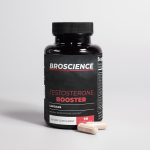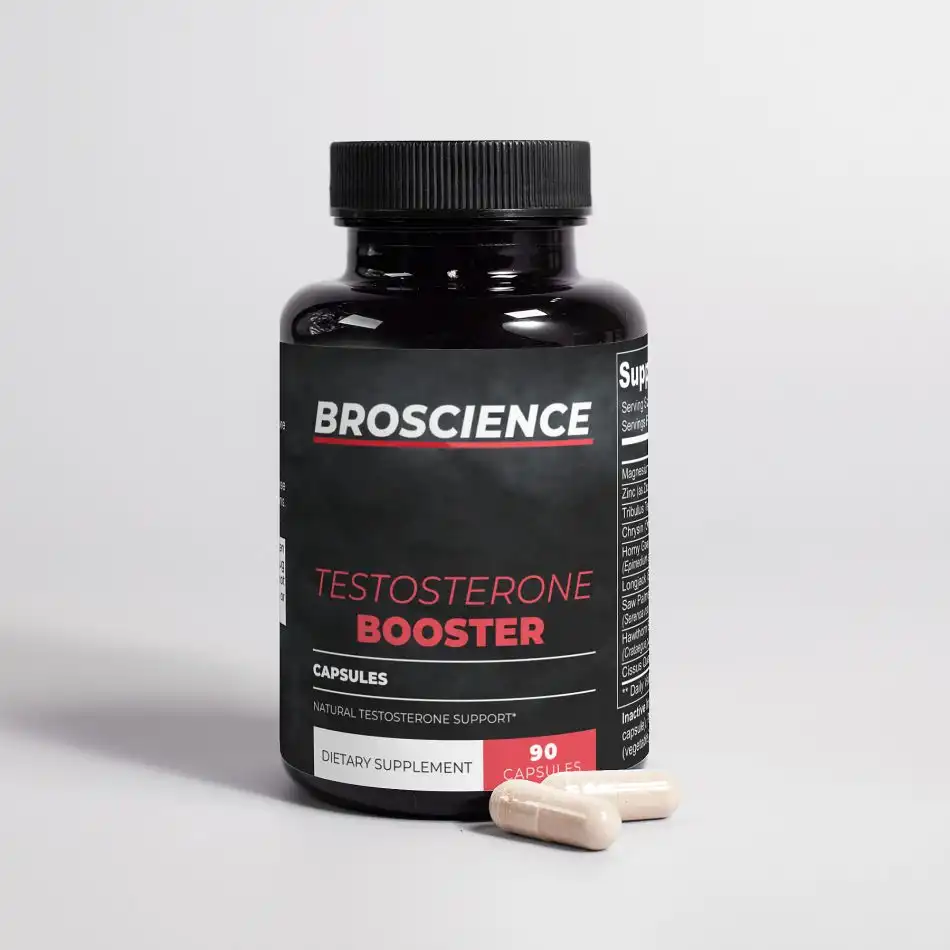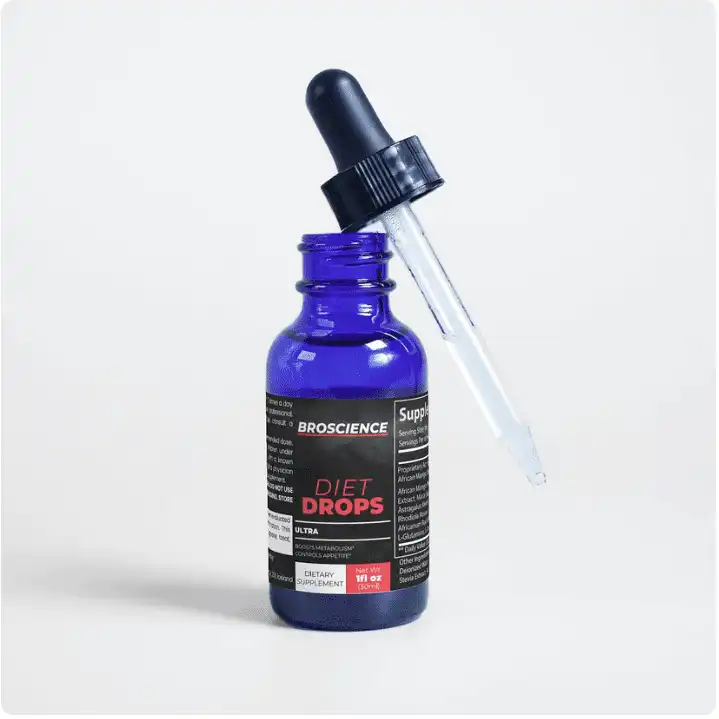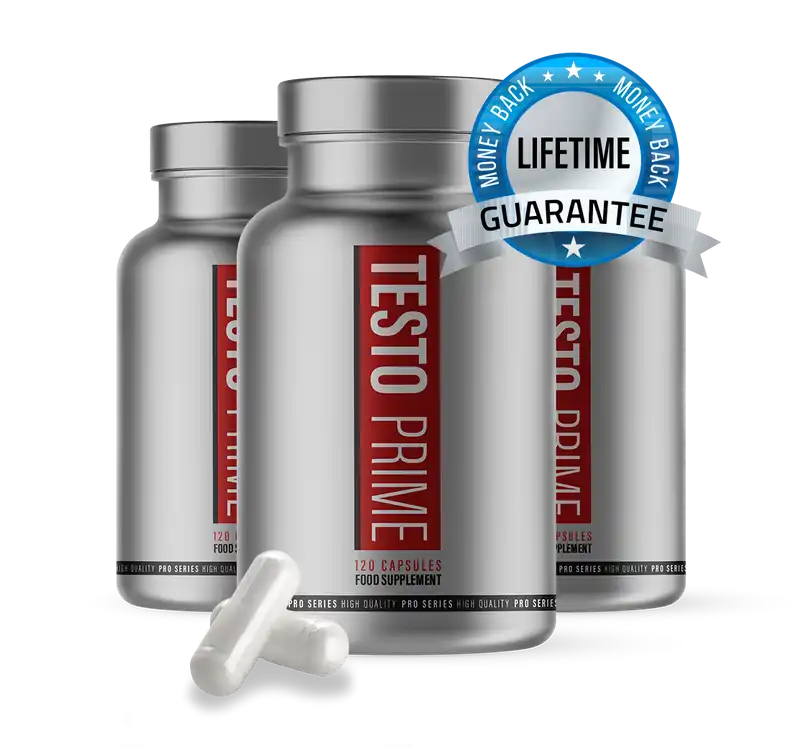
In recent years, the weight loss medication market has seen the introduction of various prescription options, among which Wegovy and PhenQ have garnered significant attention. Wegovy, approved by the FDA in 2021, is a GLP-1 receptor agonist medication designed for long-term weight management. It operates on the principle of mimicking a hormone to control appetite and calorie intake. PhenQ, in contrast, is a dietary supplement that blends multiple weight loss approaches, claiming to enhance fat burning, suppress appetite, and boost energy levels.
Determining the most suitable weight loss aid depends on an individual’s health profile, weight loss objectives, and the drug’s compatibility with their lifestyle and needs. While Wegovy is a prescription drug typically recommended for chronic weight management, PhenQ serves as an over-the-counter supplement that can be utilized without medical supervision. Studies and clinical trials are essential in verifying the effectiveness, safety, and potential side effects of each, as well as examining patient outcomes and perceptible results.
Key Takeaways
- Wegovy is an FDA-approved prescription medication, while PhenQ is an over-the-counter dietary supplement.
- Effectiveness and safety of both Wegovy and PhenQ need to be assessed based on individual health needs and clinical evidence.
- Costs, accessibility, and patient experiences with each can influence their practicality and suitability for weight management.
Overview of PhenQ and Wegovy
Reputable weight loss supplement that has been helping thousands of women and men all around the world lose weight for many years.
Individuals considering weight loss options may come across both PhenQ and Wegovy during their research. These products cater to different needs and regulations, affecting their accessibility and usage.
What Is PhenQ?
PhenQ is marketed as an over-the-counter weight loss supplement designed to help decrease appetite and promote fat burning. It is available without a prescription and mostly consists of natural ingredients such as caffeine, niacin, and Piperine.
What Is Wegovy?
Wegovy is a prescription medication approved for chronic weight management. It works by mimicking a hormone that targets areas of the brain involved in appetite regulation, leading to reduced hunger and calorie intake.
Key Differences
- Prescription Status: Wegovy requires a prescription, while PhenQ can be purchased over-the-counter.
- Intended Usage: PhenQ is targeted toward general weight loss, whereas Wegovy is prescribed for those with significant weight-related health issues.
- Mechanism of Action: Wegovy operates through hormonal pathways to manage appetite, unlike PhenQ, which primarily uses a blend of naturally derived substances to aid in weight loss.
Mechanism of Action
The effectiveness of weight management medications relies heavily on their action on the body’s metabolic processes. PhenQ and Wegovy, while both aiming for weight loss, work through different pathways and mechanisms.
How PhenQ Works
PhenQ targets weight loss through multiple metabolic pathways. It enhances thermogenesis, which is the body’s heat production process, leading to increased calorie burn. Additionally, PhenQ contains ingredients that help suppress the appetite and prevent the formation of new fat cells, thus supporting fat loss. These ingredients also elevate mood and energy levels, indirectly contributing to weight management.
How Wegovy Works
Wegovy’s active ingredient is semaglutide, which operates as a glucagon-like peptide-1 (GLP-1) receptor agonist. GLP-1 is a hormone involved in appetite regulation. Wegovy mimics GLP-1, leading to delayed gastric emptying and increased feelings of fullness. This results in reduced calorie intake and, over time, leads to weight loss. It is specifically designed for long-term use in patients with certain weight-related medical conditions.
Comparative Analysis of Mechanisms
PhenQ and Wegovy target weight loss through distinct actions:
| Feature | PhenQ | Wegovy |
|---|---|---|
| Primary Action | Enhances metabolism and fat reduction | Mimics GLP-1 to reduce appetite |
| Impact on Appetite | Suppresses appetite through a blend of ingredients | Directly influences hormones that signal satiety |
| Long-Term Use | Not primarily designed for pharmacotherapy | FDA-approved for chronic weight management |
| Primary Ingredient | Natural blend of metabolism-boosting substances | Semaglutide, a medicinal compound |
| Mechanism Involvement | Thermogenesis, mood enhancement, energy elevation | Hormone modulation, specifically GLP-1 |
| Suitability | General weight loss supplement | Long-term medication for specific medical conditions |
While PhenQ acts through natural metabolism boosters and appetite suppressors, Wegovy utilizes a hormonal approach to tackle overeating by enhancing feelings of fullness.
Efficacy and Effectiveness: PhenQ vs. Wegovy
This section scrutinizes the efficacy and effectiveness of PhenQ and Wegovy, with a particular emphasis on clinical trial outcomes and their implications for long-term weight management and sustained weight loss.
Efficacy of PhenQ
PhenQ is a dietary supplement that works by leveraging a multifaceted approach to weight loss. It aims to suppress appetite, boost energy levels, and increase metabolism. Clinical evidence suggesting its efficacy is not as robust as prescription medications, given that over-the-counter supplements like PhenQ are not subjected to the same rigorous clinical trials as pharmaceuticals. However, user testimonials often report positive experiences.
Effectiveness of Wegovy
Wegovy (semaglutide) is an FDA-approved prescription medication for weight management. Its effectiveness lies in its ability to mimic the GLP-1 hormone, which regulates appetite and food intake, thus fostering a feeling of satiety. Studies have shown that Wegovy can lead to significant weight loss when used in conjunction with diet and exercise, making it a powerful tool for those struggling with obesity or excess weight.
Clinical Trial Outcomes
- PhenQ:
- Due to its status as a supplement, detailed clinical trial outcomes are sparse compared to pharmaceuticals.
- Emphasizes components such as caffeine and nopal fiber, which have their own isolated studies suggesting modest weight loss effects.
- Wegovy:
- In clinical trials, participants using Wegovy saw a considerable reduction in body weight.
- The trials underscored Wegovy’s suitability for long-term weight management.
- A positive outcome was the notable percentage of participants achieving sustained weight loss over the course of a year.
Safety and Side Effects
When considering weight loss supplements and medications such as PhenQ and Wegovy, it’s important to understand their safety and side effects. Both treatments come with their own set of possible side effects that could affect users differently based on their unique health profiles.
Known Side Effects of PhenQ
PhenQ is an over-the-counter weight loss supplement. The side effects associated with PhenQ typically include mild digestive issues such as nausea and constipation. Since it contains caffeine and other stimulants, some individuals may experience insomnia, nervousness, or elevated blood pressure. Long-term use data is less available, which necessitates caution.
Potential Side Effects of Wegovy
Wegovy, containing the active ingredient semaglutide, has a range of side effects documented through clinical trials and user reports. Nausea, vomiting, diarrhea, and constipation are common gastrointestinal reactions. More serious but less common risks include pancreatitis, thyroid tumors, including medullary thyroid carcinoma, and the possibility of multiple endocrine neoplasia syndrome type 2 (MEN 2). Patients are advised to monitor for symptoms and consult healthcare professionals with concerns of thyroid or liver issues.
Safety Profile Comparison
Comparing the safety profiles of PhenQ and Wegovy involves evaluating the spectrum and frequency of side effects, which vary significantly due to their differing compositions and mechanisms of action. PhenQ’s effects are generally less severe but can be unpredictable due to the lack of comprehensive long-term studies. Wegovy, approved by the FDA for medical use, has undergone rigorous testing, presenting a detailed profile of potential risks including serious conditions like thyroid cancer risk. It’s crucial for individuals to consult with a healthcare provider to understand the risk-benefit ratio of each based on their personal health status.
Usage and Administration
When considering weight loss medications, the user must understand the specific usage and administration instructions for safety and effectiveness. Both PhenQ and Wegovy offer distinct methods of consumption and dosing regimens.
How to Take PhenQ
PhenQ is an oral medication that is designed to be taken twice daily with breakfast and lunch. It is emphasized that users should not exceed the recommended dose for safety reasons, and consistent use over time is encouraged for best results.
Wegovy Administration Instructions
Wegovy, as an injectable medication, requires a different approach. It is administered once a week via injection, and patients are typically instructed on how to self-inject by their healthcare provider. Starting doses are gradually increased over time to reach the therapeutic maximum dose of 2.4 mg.
Dosing Considerations
Both medications require a prescription and should only be used under the guidance of a healthcare professional. PhenQ’s dosing is fixed, while Wegovy’s dose may be adjusted according to the patient’s response to the medication. Users must adhere to the prescribed dosing schedule to ensure the safe use of these medications.
Cost and Accessibility: PhenQ vs. Wegovy
When considering weight loss medications like PhenQ and Wegovy, patients need to assess cost and insurance factors, alongside their potential accessibility challenges.
Comparing Costs
Wegovy
Without insurance coverage, the medication Wegovy may exceed $1,500 monthly. It is a brand-name prescription drug, which typically incurs higher costs.
PhenQ
On the other hand, PhenQ is an over-the-counter supplement, which generally makes it a more affordable option. The exact price can vary based on the retailer.
Insurance and Coverage
Medicare and Private Insurance
Wegovy’s coverage can depend on the patient’s health plan. Medicare and some private insurance plans may offer coverage, but it often comes with strict qualifying criteria. Discounts or coupons from platforms like GoodRx may provide some relief on out-of-pocket costs.
Generic Alternatives
For medications similar to Wegovy, generic versions, if available, can be a cost-saving alternative. However, as of the current knowledge, there is no generic version of Wegovy on the market.
Availability of Alternatives
Wegovy
Wegovy is a prescription medication, meaning its availability is limited to those who have received a prescription from their healthcare provider.
PhenQ
PhenQ is more broadly accessible, being available over-the-counter without the need for a prescription. This makes it an easier option for many seeking weight loss supplements.
Suitability and Contraindications
In selecting a weight management strategy with either PhenQ or Wegovy, it is crucial to understand who can safely take these products and the specific medical profiles for which they are contraindicated.
Who Can Take PhenQ
PhenQ is a supplement developed for adults who are looking to lose weight in conjunction with diet and exercise. There are no specific BMI requirements for PhenQ, but it is generally intended for those who are looking to manage their body weight. However, PhenQ is not suitable for pregnant or breastfeeding women, nor should it be taken by individuals with a history of severe medical conditions without a doctor’s advice.
Wegovy Patient Suitability
Wegovy is prescribed for adults with a body mass index (BMI) of 30 or greater, or for those with a BMI of 27 or greater if they have a metabolic health condition such as type 2 diabetes, high cholesterol, or high blood pressure. Wegovy is also available to children over 12 years old whose BMI falls into the top 95th percentile, indicative of obesity.
| Wegovy Suitability | Criteria |
|---|---|
| Adults with Obesity | BMI ≥ 30 |
| Adults with Overweight & Conditions | BMI ≥ 27 with metabolic health condition |
| Children with Obesity | BMI in the top 95th percentile |
Contraindication Profiles
PhenQ should not be used by those who are pregnant, breastfeeding, or who have a significant history of heart issues or other serious health concerns. Wegovy is contraindicated in patients with a personal or family history of medullary thyroid carcinoma (MTC) or patients with Multiple Endocrine Neoplasia syndrome type 2 (MEN 2). Additionally, it should not be used during pregnancy. Wegovy has not been studied in individuals under the age of 12 and hence is not recommended for this population.
| Drug | Contraindications |
|---|---|
| PhenQ | Pregnancy, breastfeeding, severe medical conditions |
| Wegovy | Personal/family history of MTC, MEN 2, pregnancy, patients under age 12 |
Patient Experiences and Outcomes
In examining the patient experiences and outcomes for PhenQ and Wegovy, specific attention is given to users’ feedback, the impact these treatments have on appetite and lifestyle, and documented long-term success stories.
Feedback on PhenQ
Users of PhenQ often report an increase in energy levels and a decrease in appetite, which facilitates adherence to a low-calorie diet. PhenQ—with its combination of ingredients that aim to boost metabolism and reduce hunger—receives positive testimonials for helping users manage cravings and supporting diet and exercise plans.
- Increased Energy: Many users note feeling more energized, which they attribute to PhenQ’s formula.
- Reduced Appetite: Testimonials frequently mention a reduced urge to eat, aiding in gradual weight loss.
Wegovy User Testimonials
Testimonials for Wegovy highlight significant weight loss achievements, often emphasizing changes in body mass index (BMI). Wegovy, which is a prescription medication primarily for chronic weight management, tends to be associated with a considerable reduction in hunger and increase in satiety.
- Body Weight Reduction: Users report an average weight loss of around 15-18% after consistent use over 68 weeks.
- Satiety and Hunger: Many find that their feelings of fullness last longer, which reduces overall calorie intake.
Long-Term Success Stories
Long-term success stories often reflect the effectiveness of sustained lifestyle changes, such as adopting a balanced diet and consistent exercise routine, in combination with PhenQ or Wegovy.
- Lifestyle Changes: Individuals who maintain their weight loss typically adopt a comprehensive approach, including ongoing physical activity and mindful eating.
- Maintenance of Weight Loss: Stories of individuals who have sustained their weight loss for extended periods often involve persistent use of the weight management product and a continued commitment to a healthy lifestyle.
Frequently Asked Questions
In this section, key distinctions between popular weight loss medications and alternatives are addressed, providing a clear understanding of their differences, effectiveness, and potential side effects.
What are the main differences between Saxenda and Wegovy for weight loss?
Saxenda and Wegovy both contain GLP-1 agonists but differ in their active ingredients and FDA-approval for weight management. Saxenda’s active ingredient is liraglutide, whereas Wegovy’s is semaglutide.
Can I find any over-the-counter alternatives that are similar to Wegovy?
Over-the-counter weight loss products do not contain the same active pharmaceutical ingredients as Wegovy and typically are not similar in mechanism or effect. They are intended for general weight loss support without prescription-level potency.
How does the effectiveness of PhenQ compare to prescription weight loss drugs?
PhenQ is a dietary supplement that supports weight loss through a blend of natural ingredients. Its effectiveness is not directly comparable to prescription drugs like Wegovy, which have rigorous clinical testing and FDA approval.
What side effects should be expected when taking Wegovy?
Common side effects with Wegovy can include nausea, diarrhea, constipation, vomiting, headache, and decreased appetite. Patients should consult healthcare providers for a comprehensive list of potential side effects.
Are there any weight loss pills covered by insurance as alternatives to Wegovy?
Some weight loss medications may be covered by insurance, but this varies by policy and medication. Patients should consult their insurance provider to determine coverage for specific alternatives to Wegovy.
Which injectable drugs are considered the most effective for weight loss?
Injectable weight loss drugs, such as those containing GLP-1 receptor agonists like semaglutide in Wegovy, are considered effective. They mimic an intestinal hormone that tells the brain the stomach is full, aiding in weight management.
Reputable weight loss supplement that has been helping thousands of women and men all around the world lose weight for many years.








